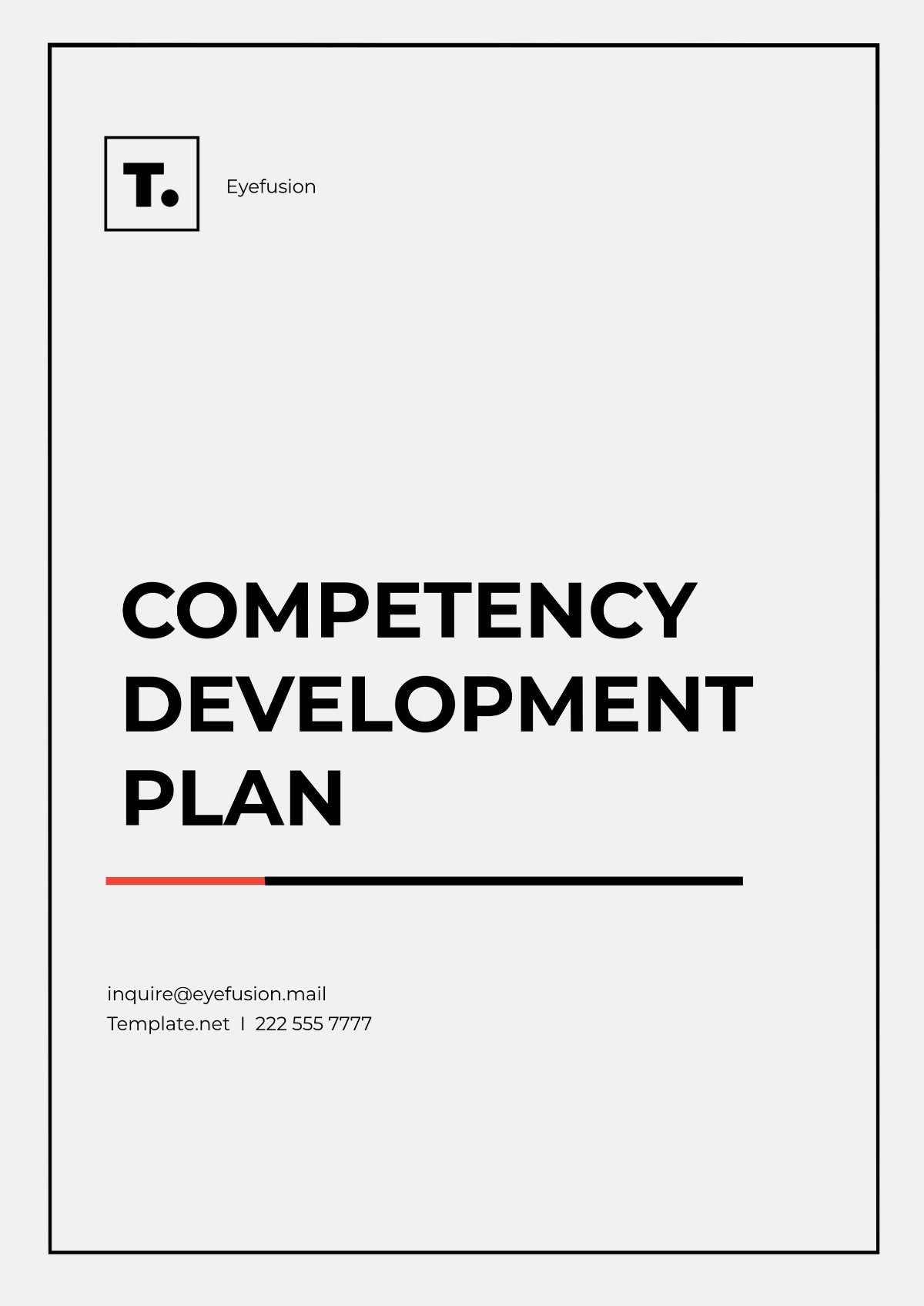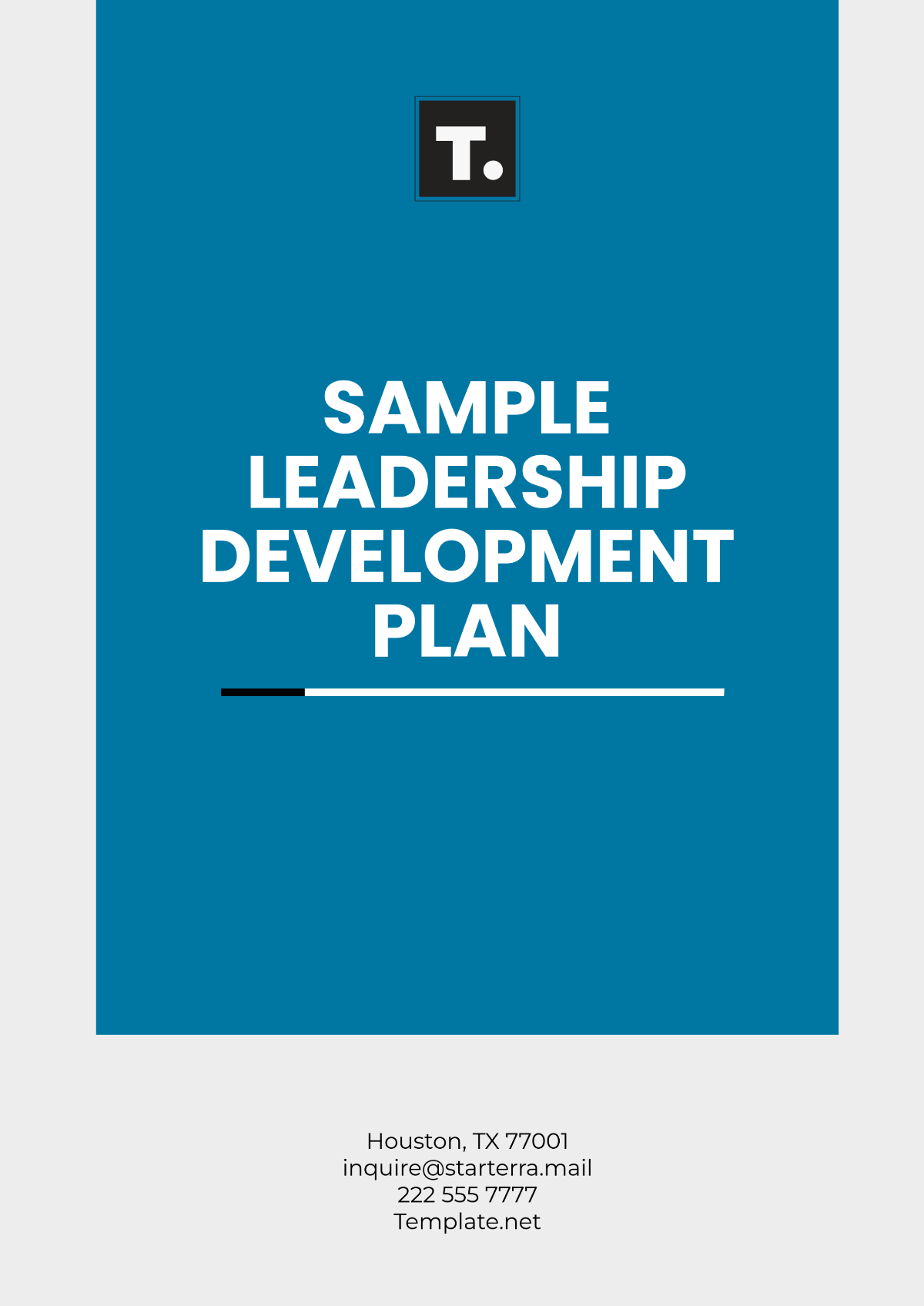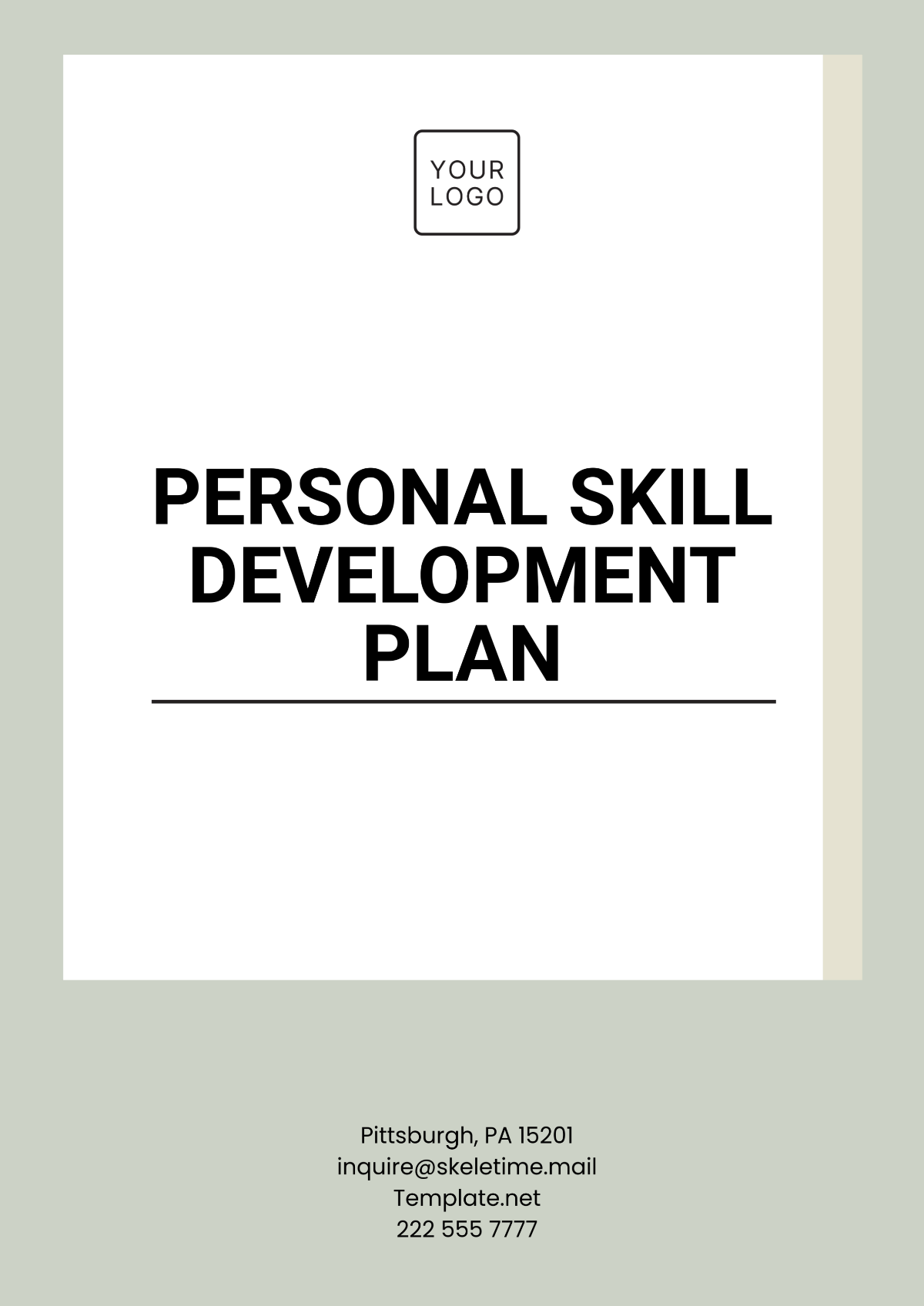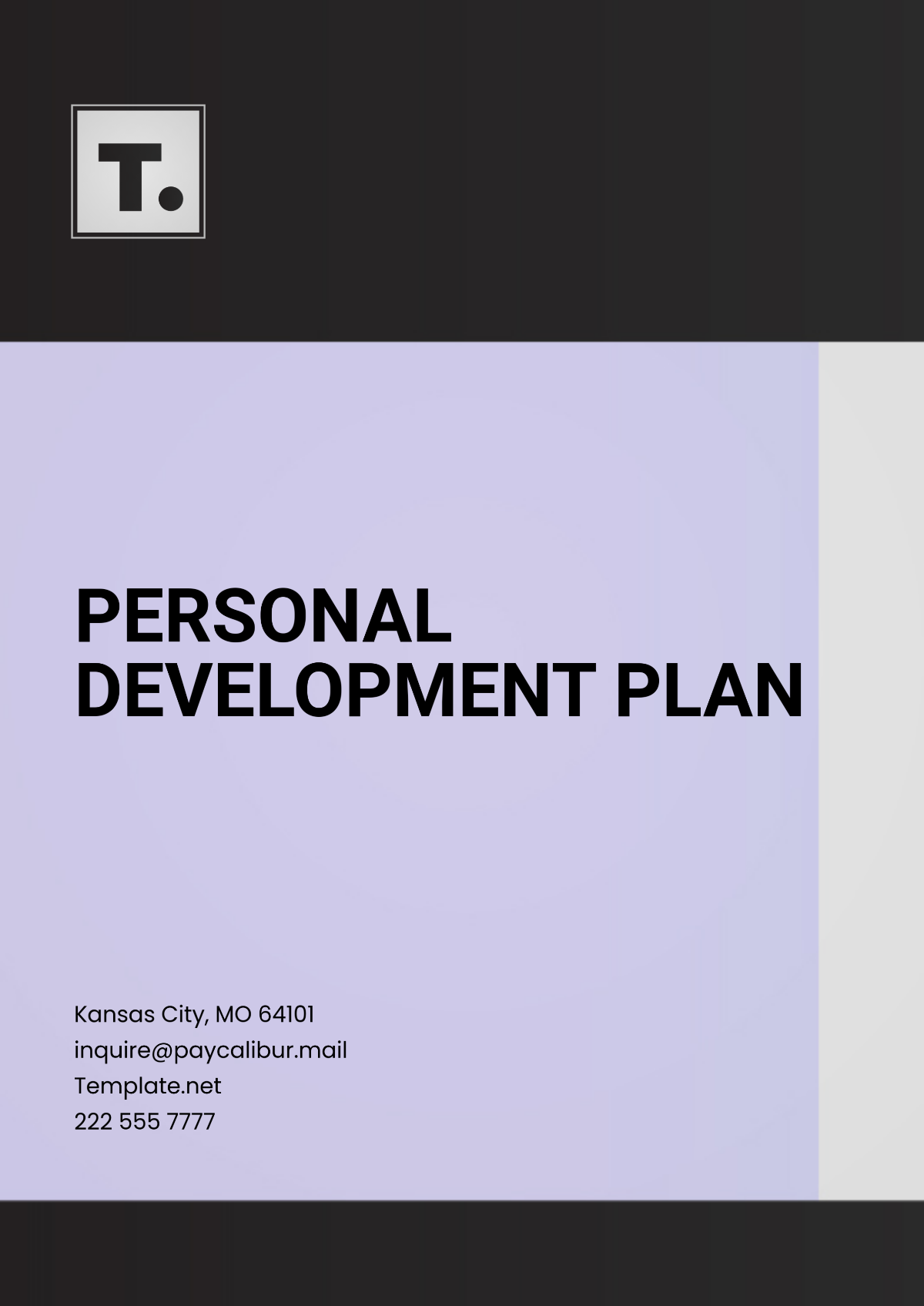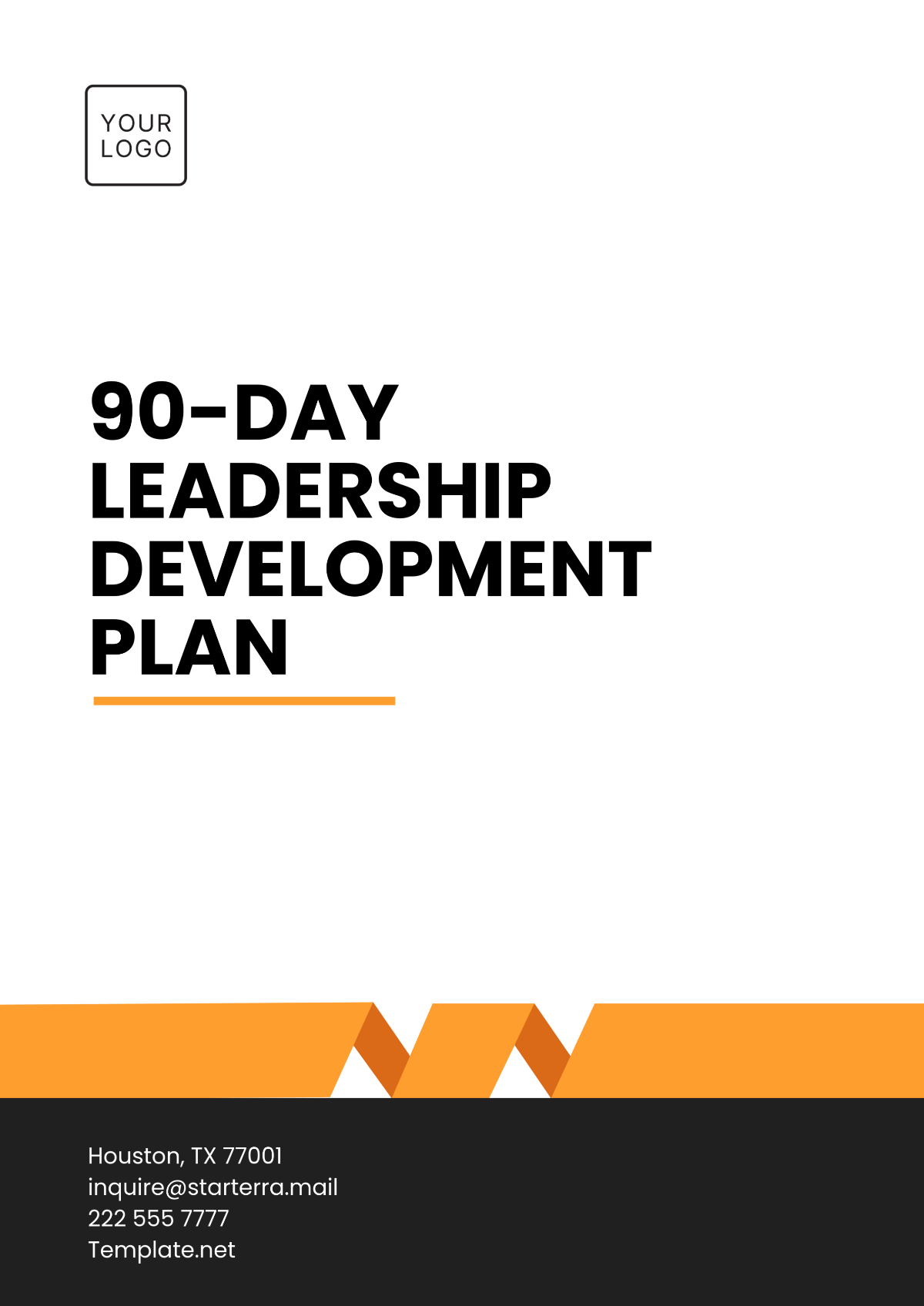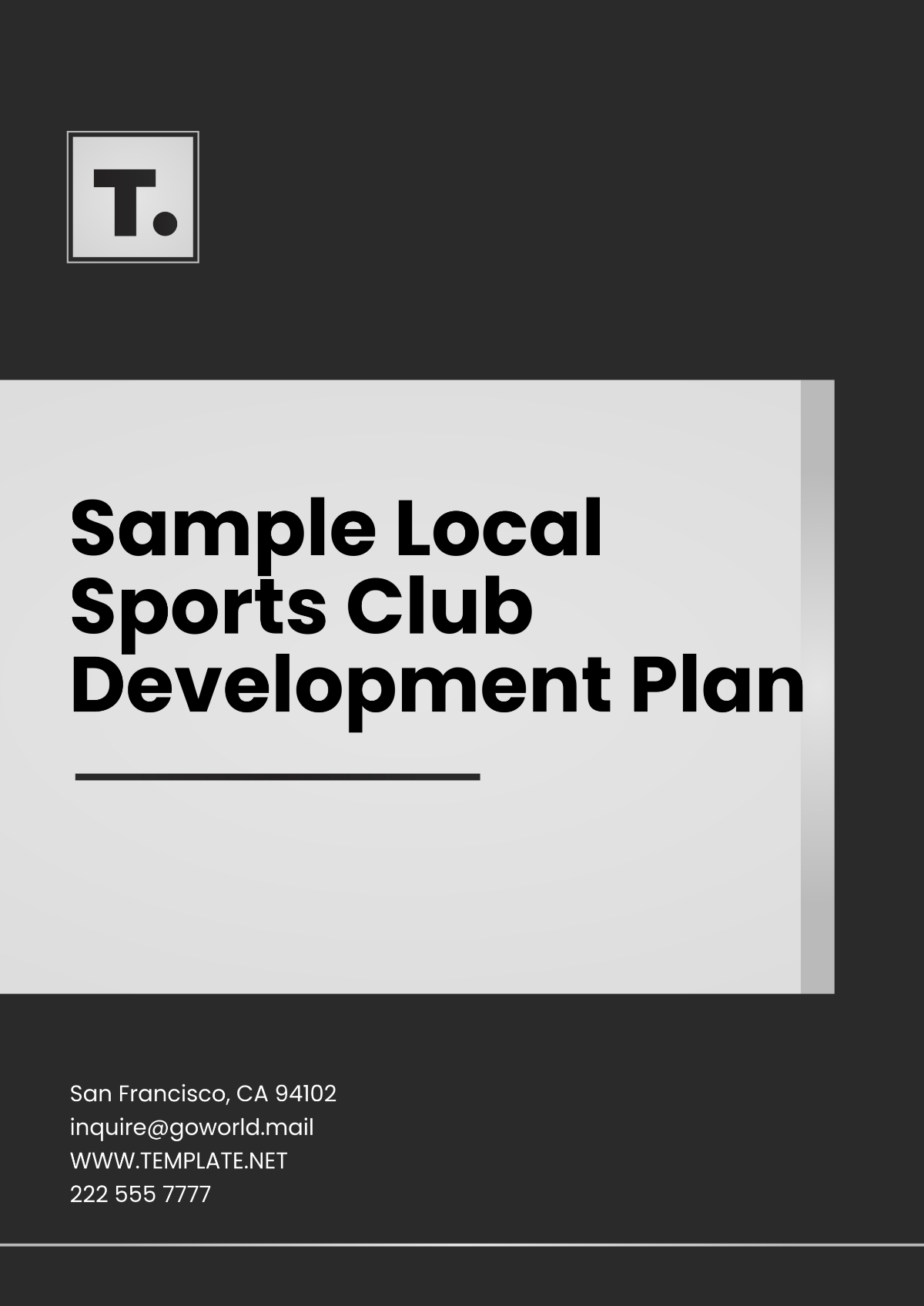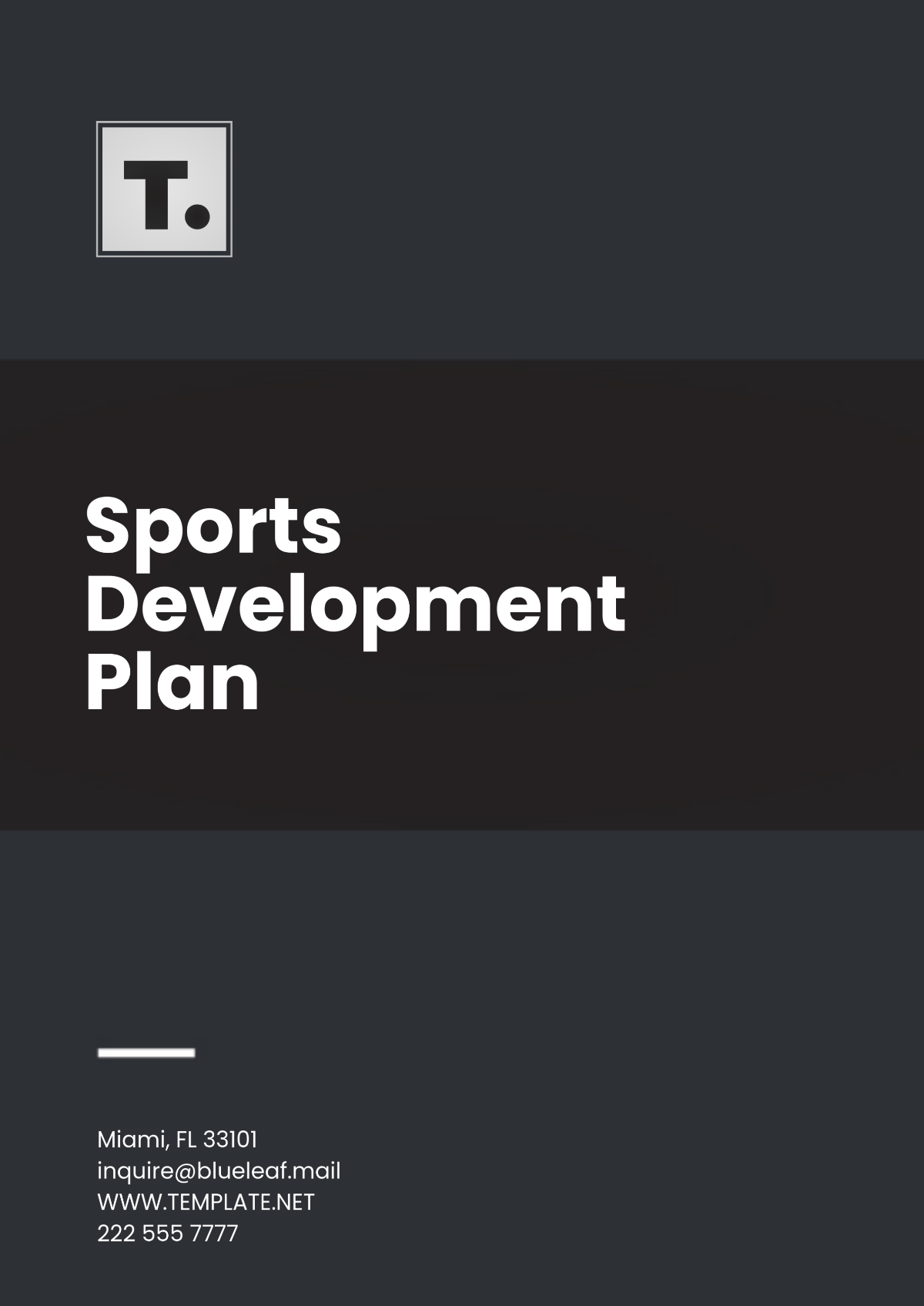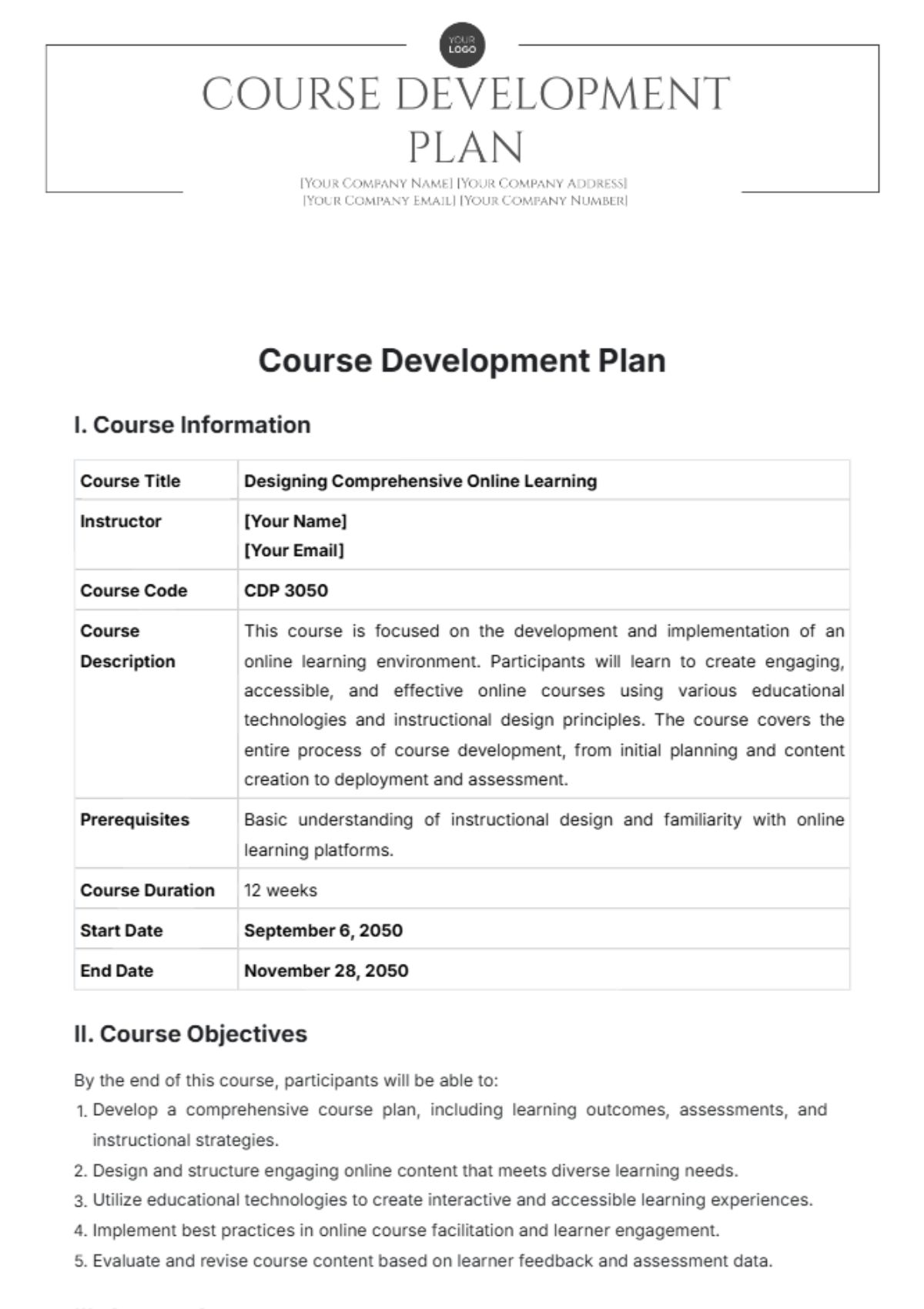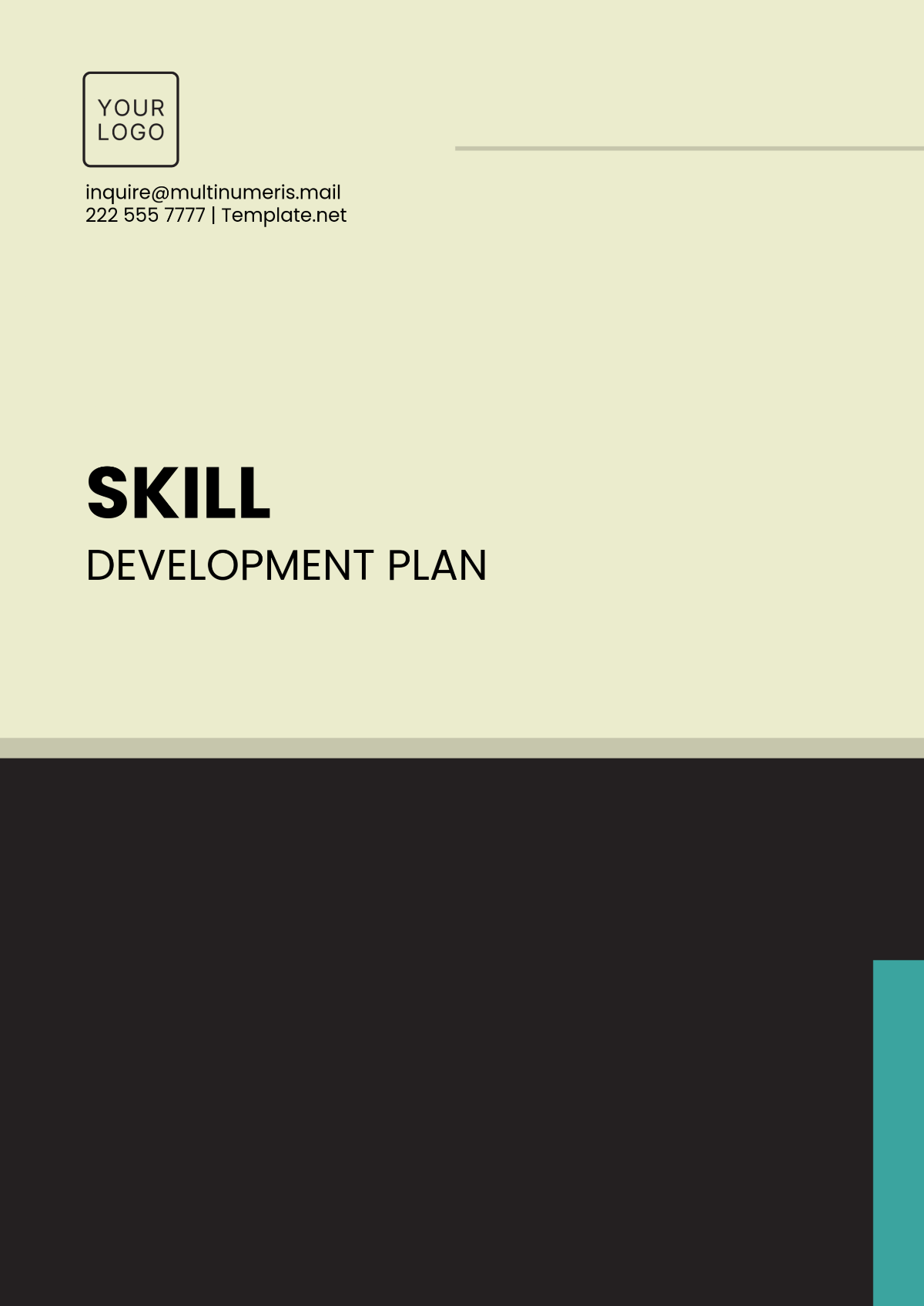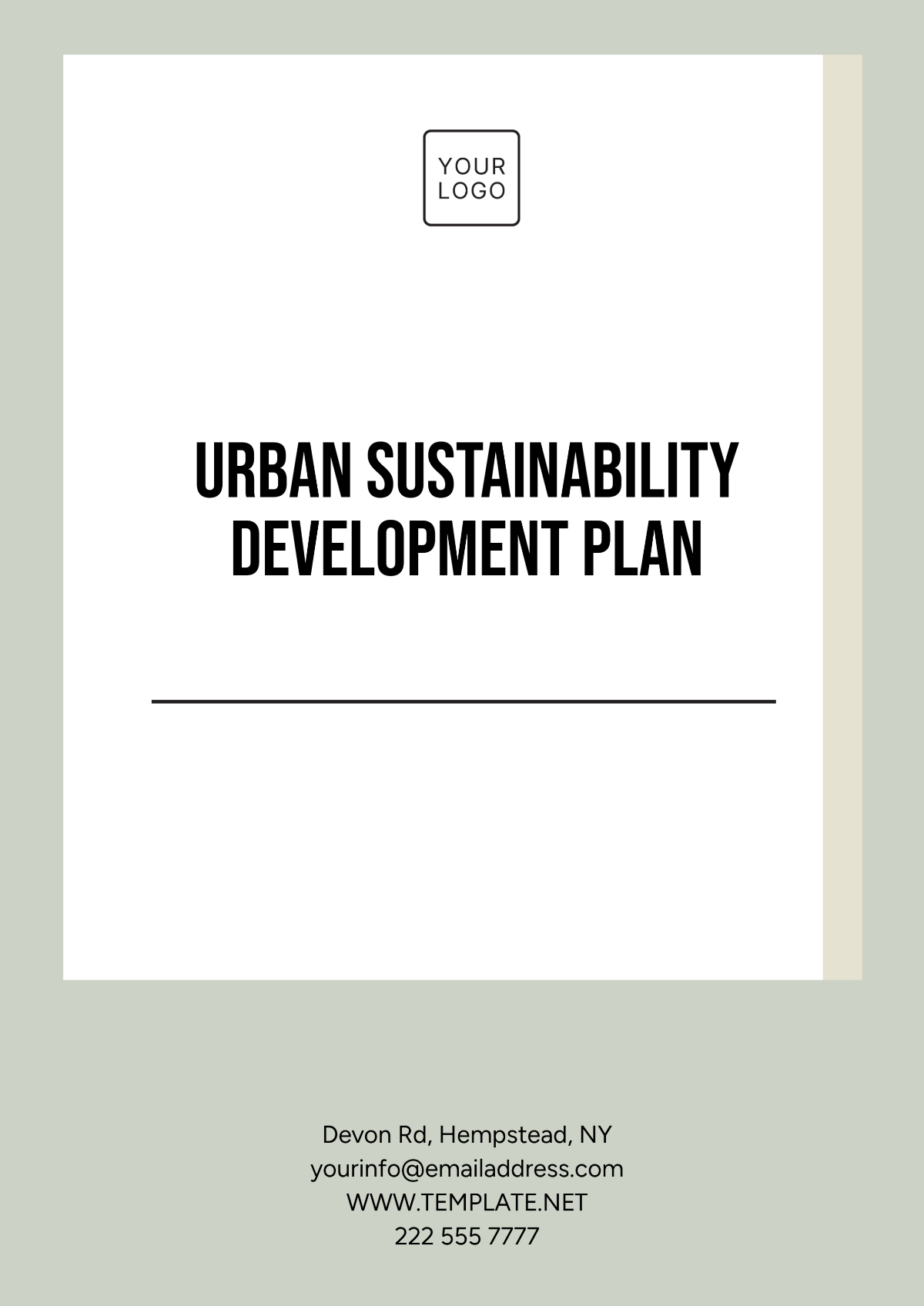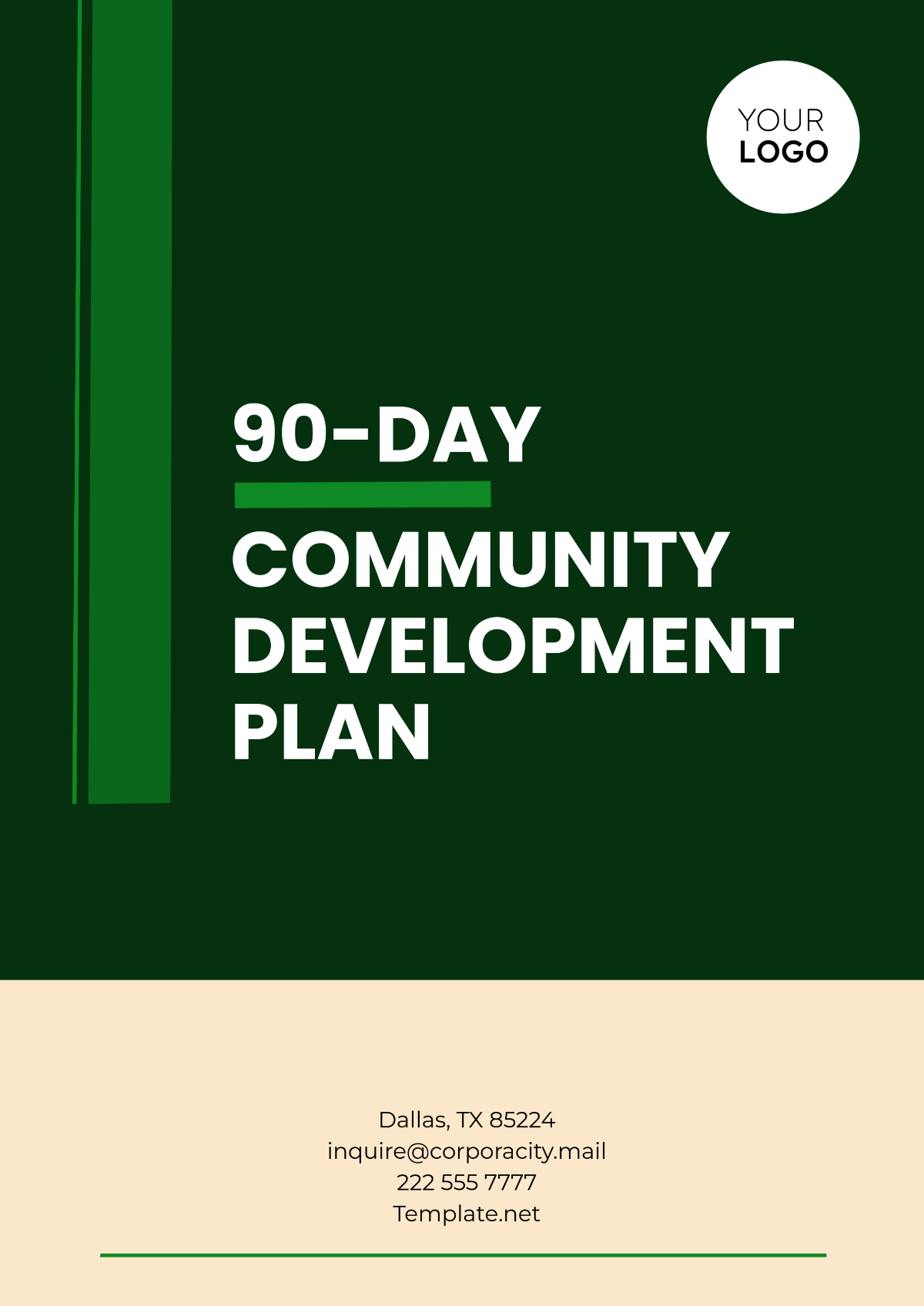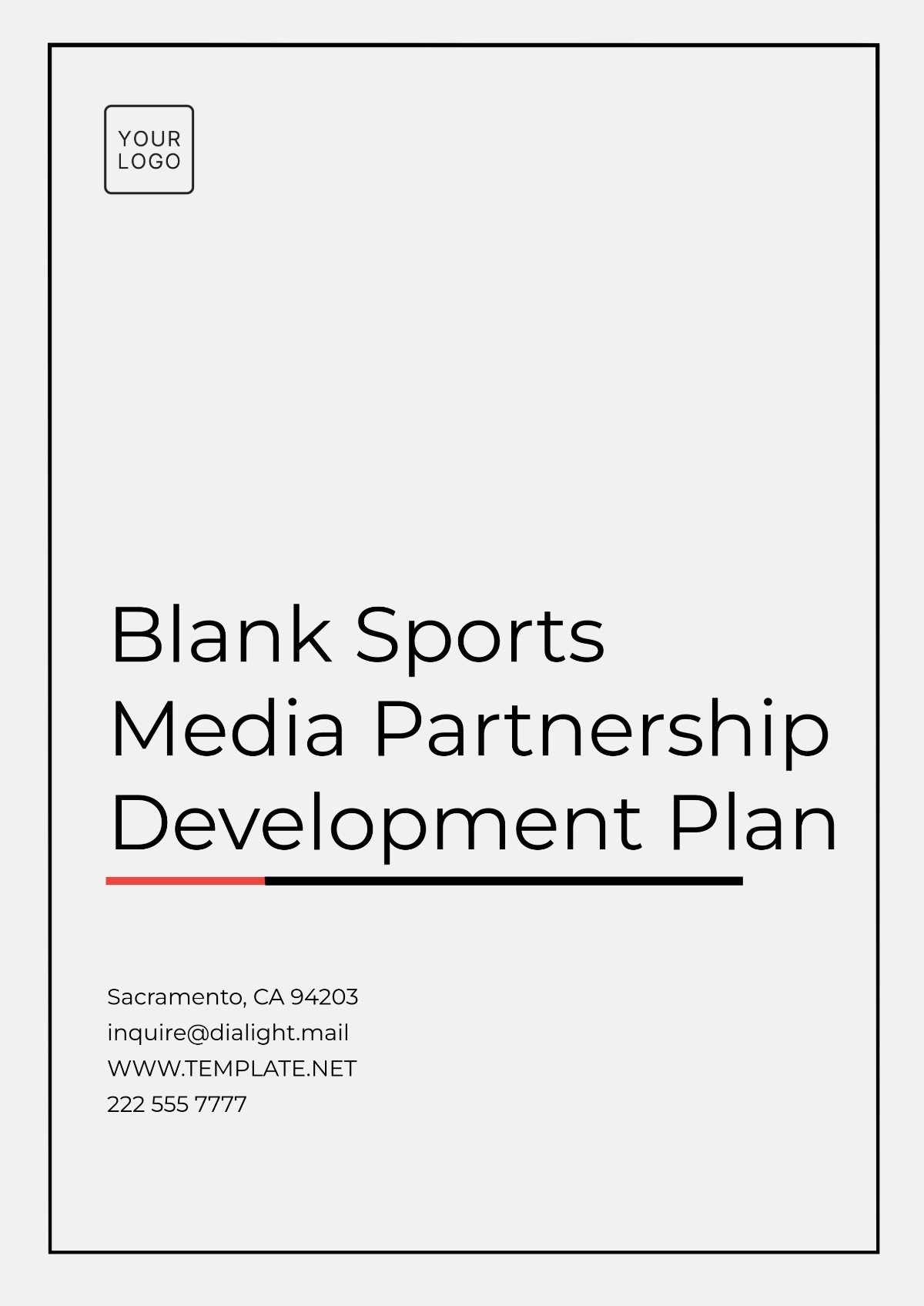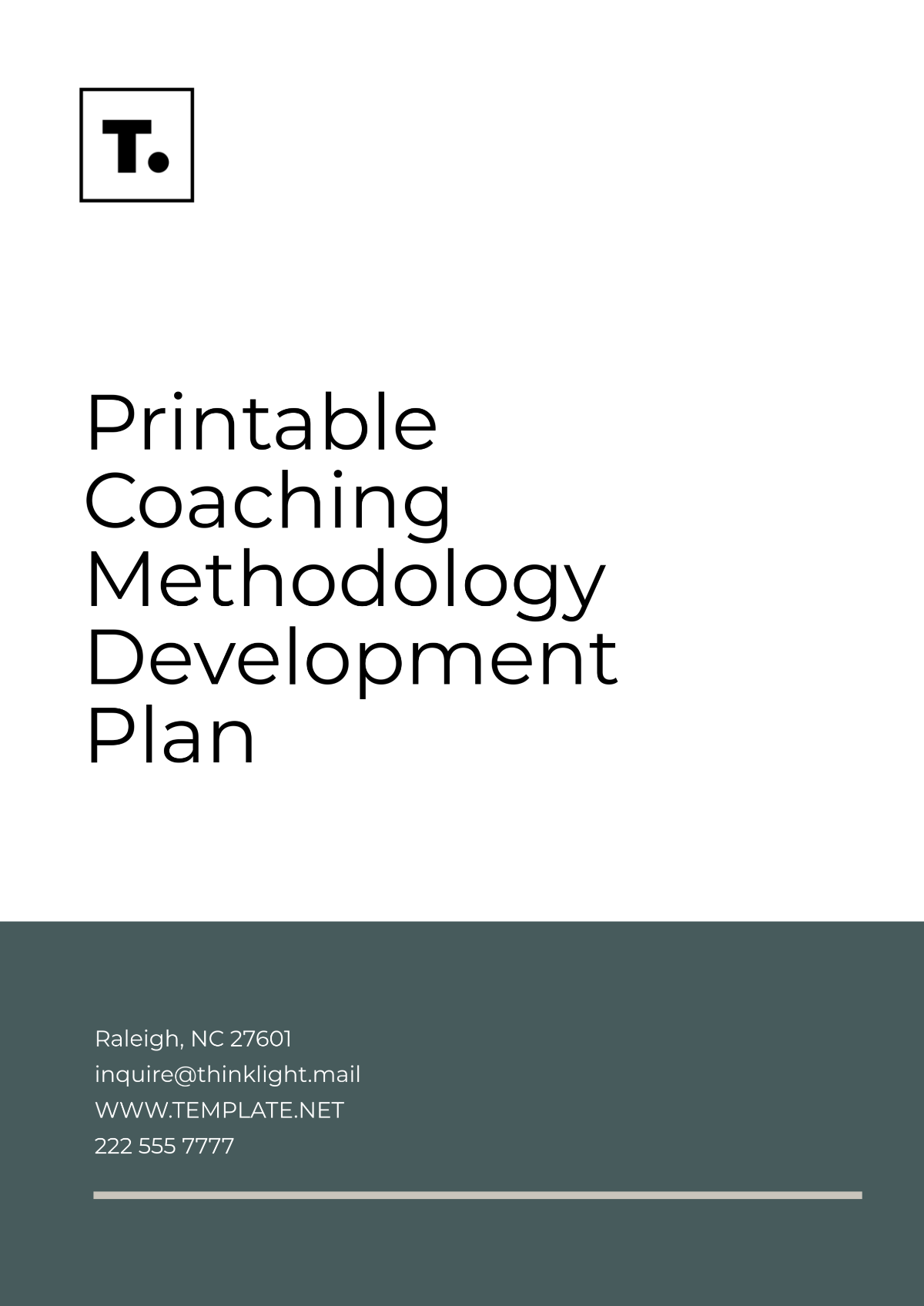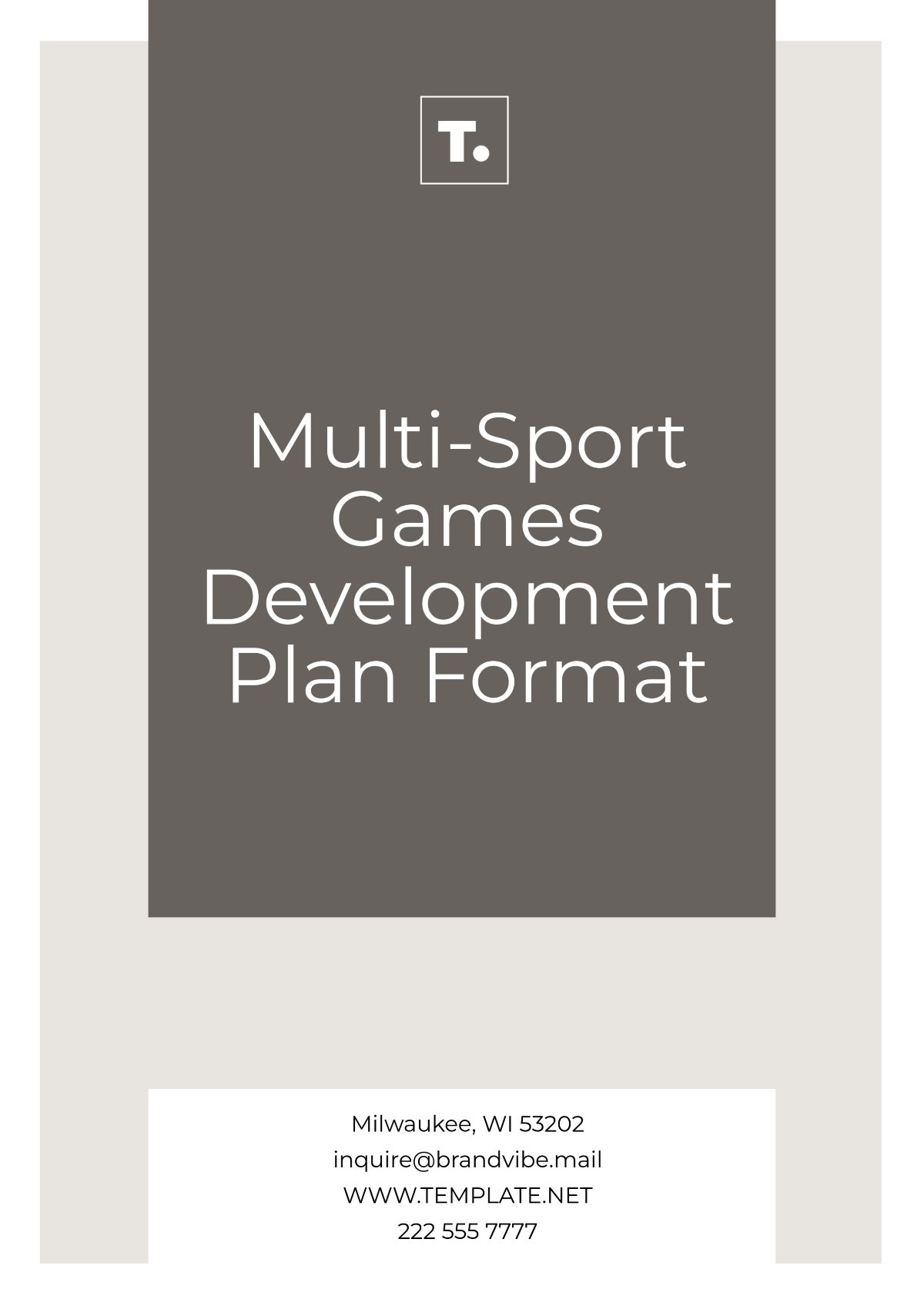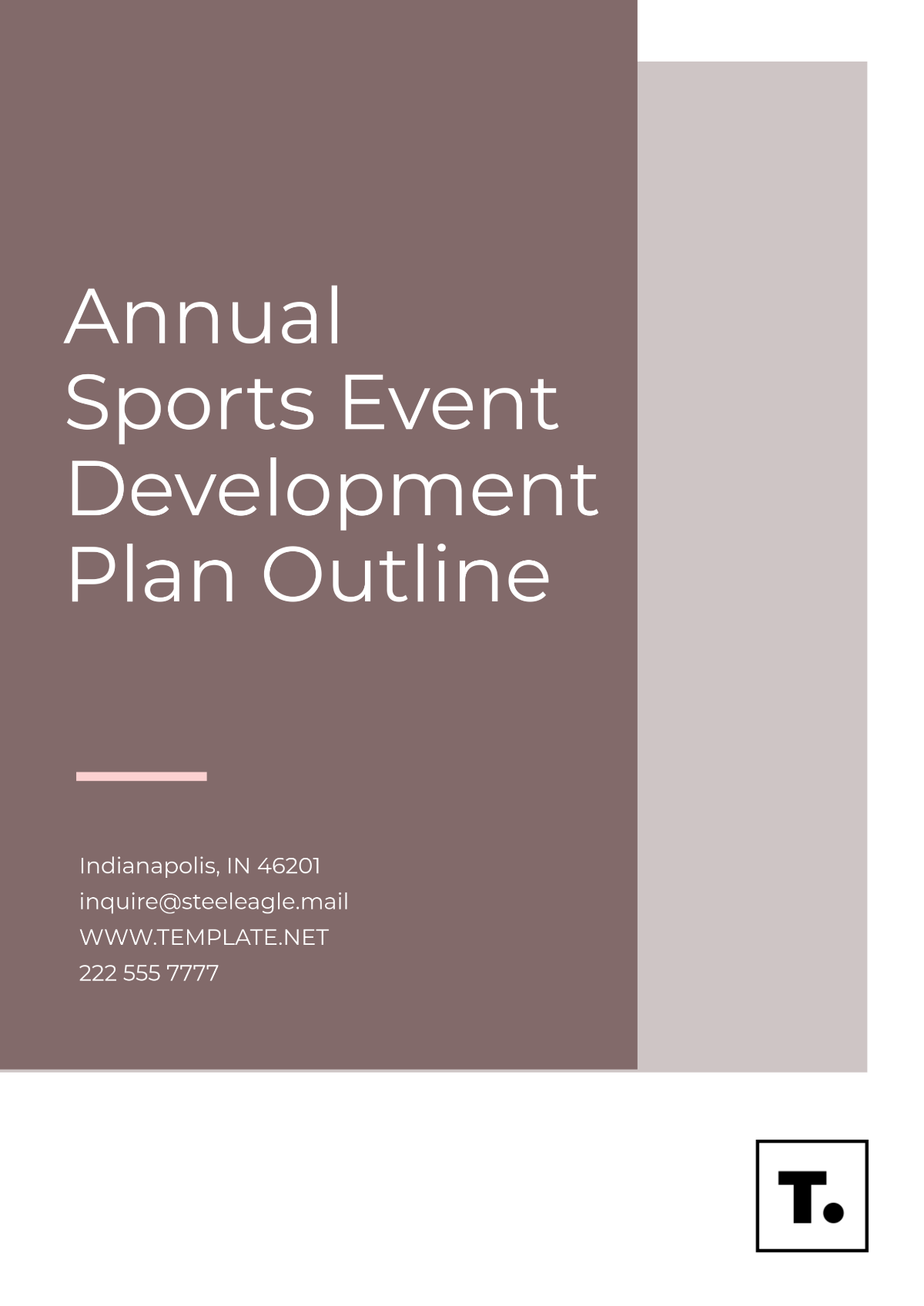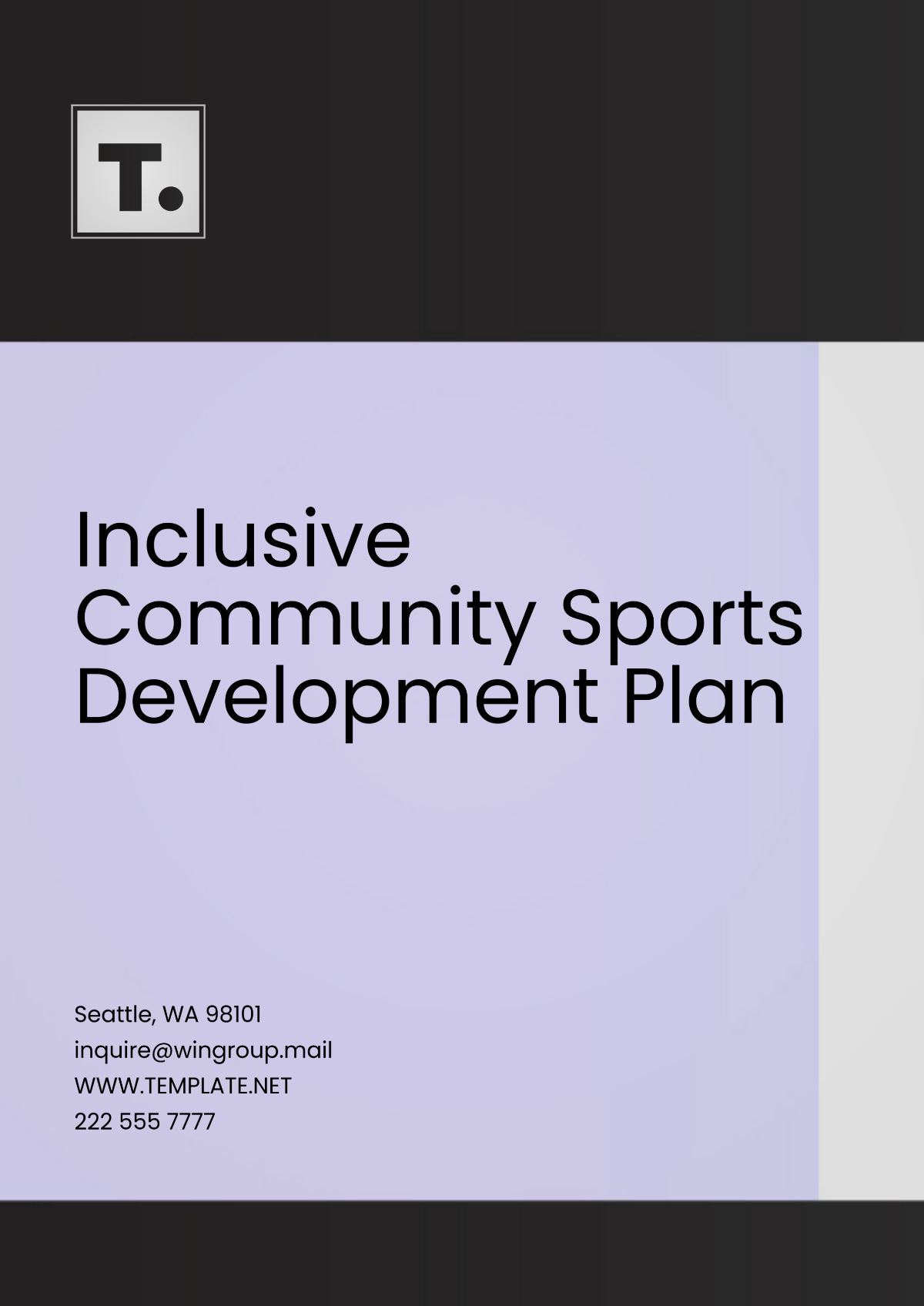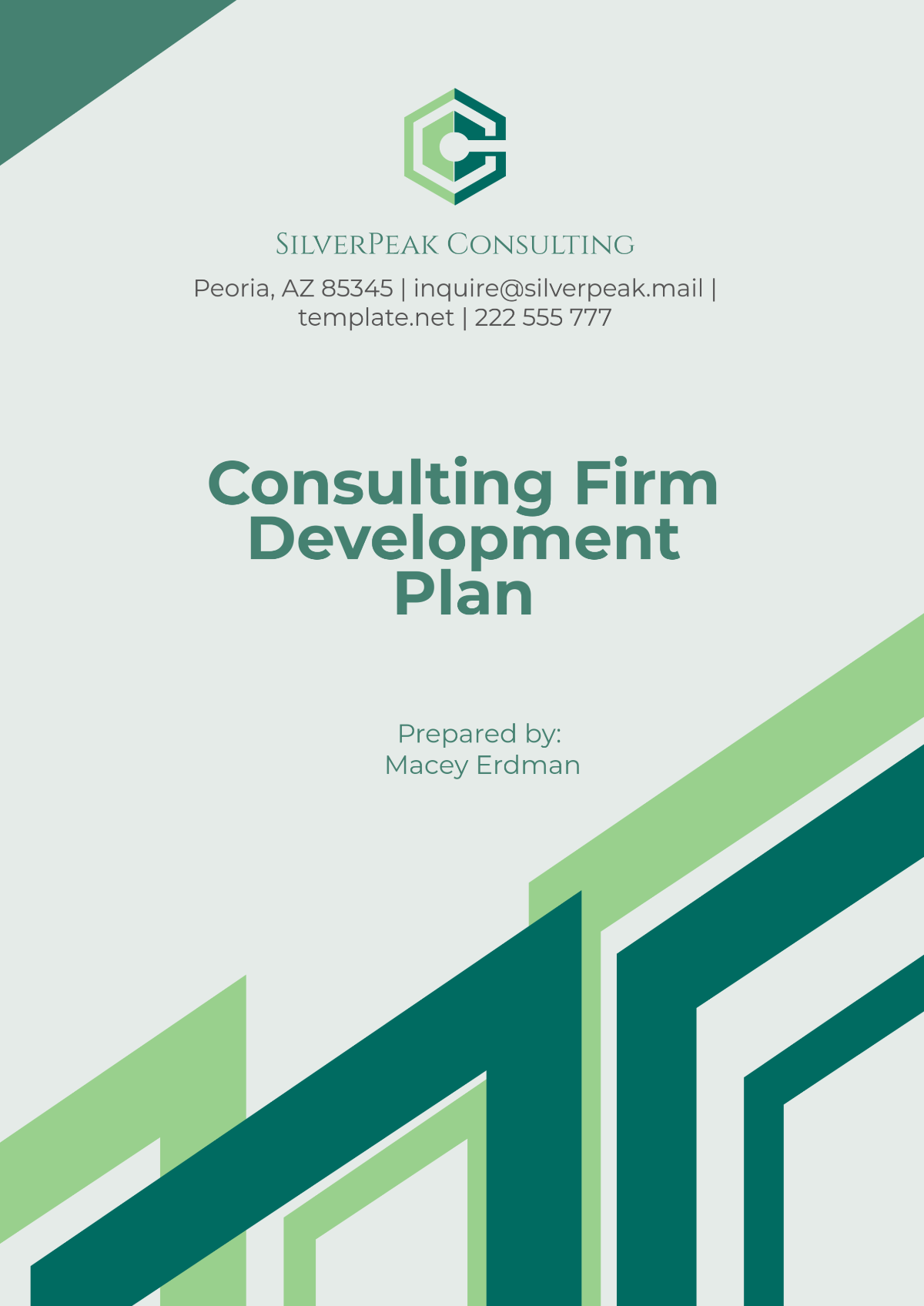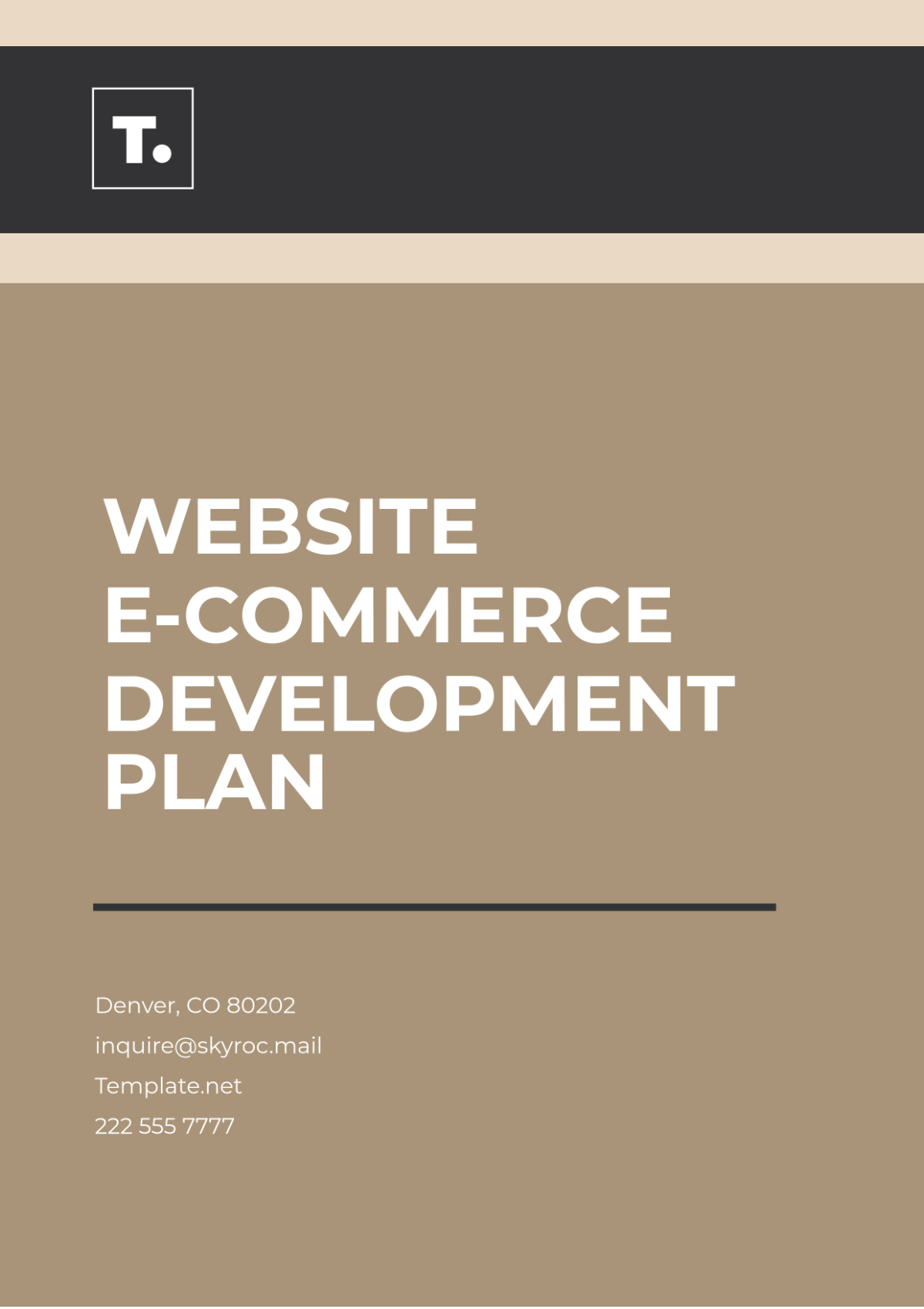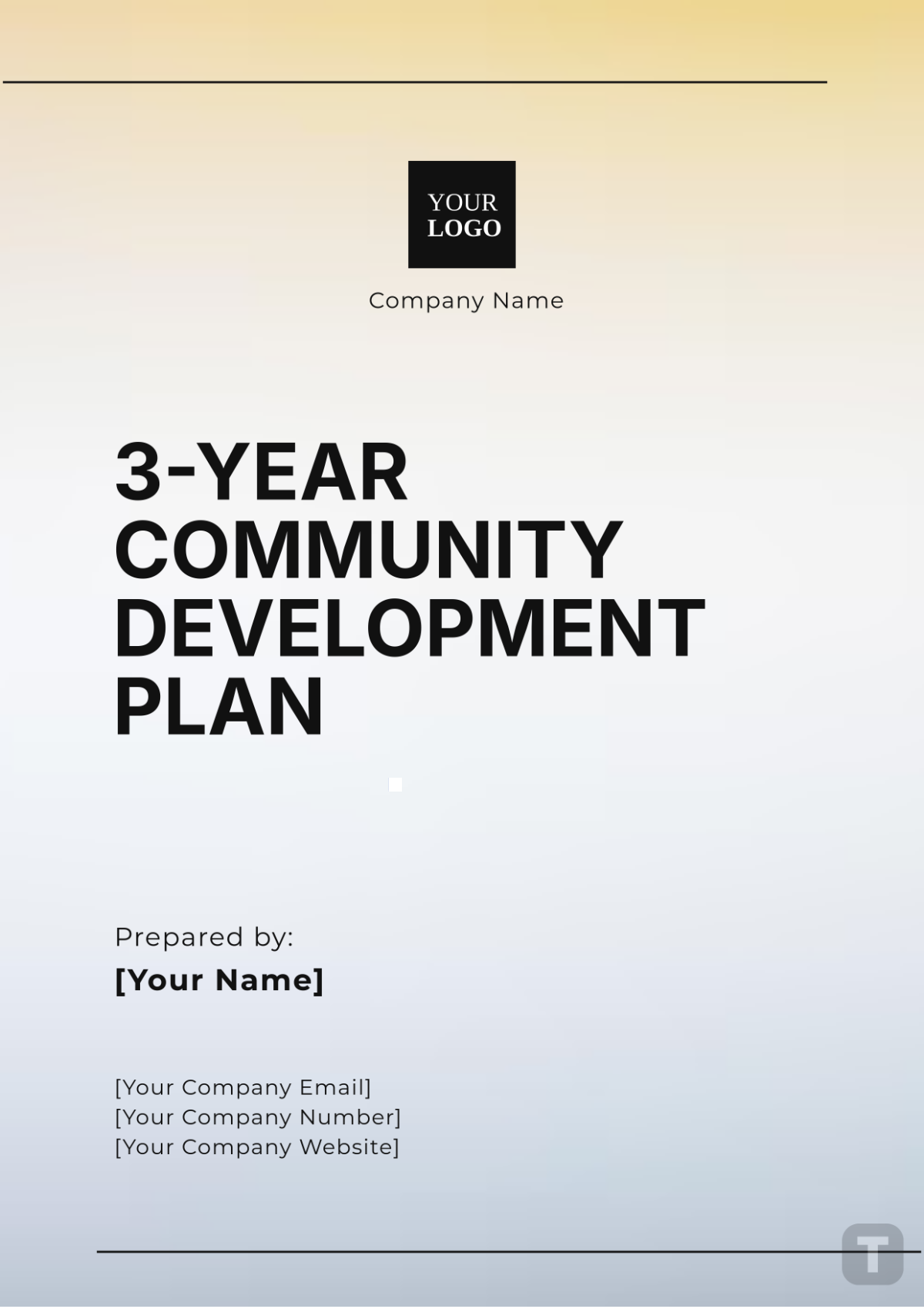Policy Research Development Plan
Introduction
This Policy Research Development Plan is designed to guide the comprehensive research needed to formulate new policies. It provides a structured approach to identifying key policy issues, assessing current policies, and developing evidence-based recommendations. The goal is to ensure that the research process is thorough, transparent, and results in actionable policy insights.
1. Objectives
Objective | Description |
|---|---|
Identify Key Issues | Pinpoint critical policy issues and gaps that need to be addressed to improve public outcomes. |
Evaluate Current Policies | Assess the effectiveness and impact of existing policies and programs to determine their success and areas for improvement. |
Propose Recommendations | Develop actionable recommendations for new or revised policies based on research findings. |
Engage Stakeholders | Involve relevant stakeholders, including policymakers, community leaders, and experts, to ensure that the proposed policies address their needs and perspectives. |
2. Methodology
Method | Description |
|---|---|
Research Design | A mixed-methods approach will be employed to ensure a comprehensive analysis. This includes both quantitative surveys and qualitative interviews to gather a wide range of data. |
Data Collection |
|
Data Analysis |
|
3. Timeline
Phase | Activity | Dates |
|---|---|---|
Research Planning and Preparation | Develop research instruments, finalize methodology, and obtain necessary approvals. | January 02, 2050 – January 15, 2050 |
Data Collection Period | Distribute surveys, conduct interviews, and collect data from various sources. | January 16, 2050 – March 15, 2050 |
Data Analysis Phase | Analyze data, identify key findings, and develop preliminary conclusions. | March 16, 2050 – April 30, 2050 |
Draft Report Preparation | Draft the research report based on analyzed data and preliminary findings. | May 01, 2050 – May 07, 2050 |
Review and Revision | Review the draft report, incorporate feedback, and finalize the document. | May 08, 2050 – May 14, 2050 |
Completion Date | Submit the final report and deliverables to stakeholders. | May 15, 2050 |
4. Budget
Category | Description | Estimated Cost |
|---|---|---|
Personnel Costs | Fees for researchers, analysts, and administrative staff. Includes salaries and consultancy fees. | $50,000 |
Data Collection Expenses | Costs for survey distribution, interview scheduling, and travel for data collection. | $20,000 |
Data Analysis Tools | Software licenses for statistical and qualitative analysis tools. | $5,000 |
Report Production | Costs for printing and distributing the final report, including design and layout expenses. | $2,000 |
Miscellaneous | Contingency funds for unforeseen expenses or additional costs. | $3,000 |
5. Deliverables
Deliverable | Description |
|---|---|
Research Report | A comprehensive document detailing the research methodology, findings, and actionable recommendations. The report will include an executive summary, detailed analysis, and appendices with raw data and supplementary information. |
Executive Summary | A concise summary of key insights and recommendations designed for quick reference by policymakers and stakeholders. This document will highlight the most critical findings and proposed actions. |
6. Contact Information
Contact Person | Details |
|---|---|
Researcher | [YOUR NAME] |
[YOUR EMAIL] | |
Company | [YOUR COMPANY NAME] |
Phone Number | [YOUR COMPANY NUMBER] |
Address | [YOUR COMPANY ADDRESS] |
Website | [YOUR COMPANY WEBSITE] |
